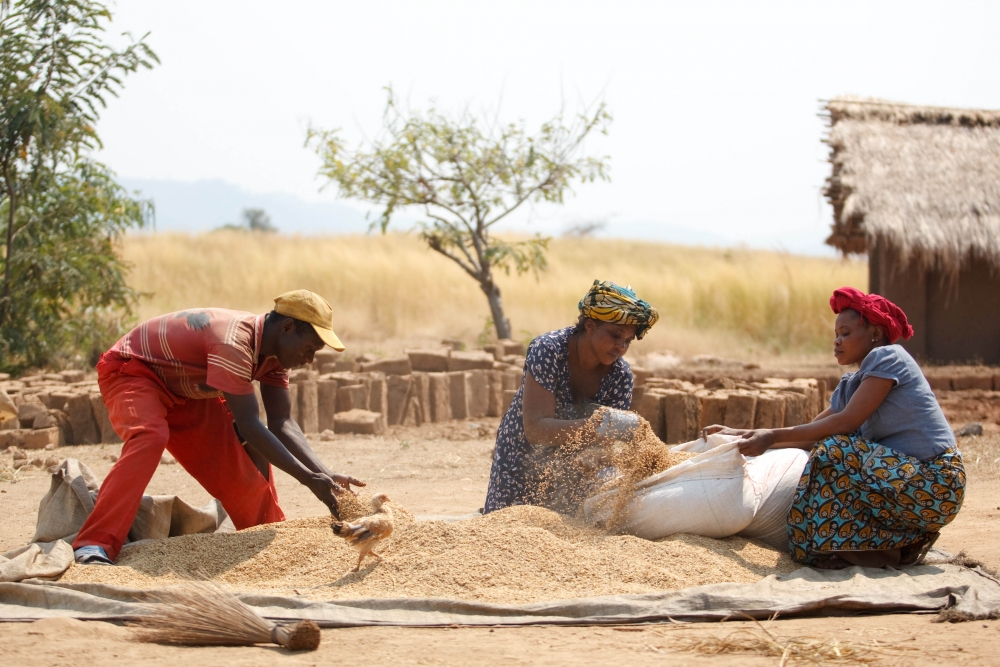Invest in education and roads to increase food security, says FAO

The World Food Programme’s latest findings reveal that completing an extra year in education and an extra kilometre of road per every 1,000 people would significantly improve food crisis response and save $1 billion.
In 2017, 124 million people across 51 countries suffered severe hunger due to conflict and climate shocks. This was an increase from 2016 where 108 million people required food assistance.
Food crises cost WFP $5.3 billion in 2016, their latest findings suggest an extra year of education and improved road networks could have the organisation a fifth of its total spending.
Improving the efficiency and effectiveness of food aid delivery will be increasingly important as climate change threatens food security. The WFP’s Food System Chief emphasised that all countries can improve their food security by investing in roads and schools.
"Preventing food crisis is not the preserve of rich countries. Governments are investing all the time, even in low-income countries."
For humanitarian agencies, food assistance can hinder long term development plans that are crucial to increasing resilience and preparation for climate shocks and food insecurity.
José Graziano da Silva, Director General, Food and Agriculture Organization (FAO) added:
"Immediate relief, when we have a crisis, is no doubt a priority. But ... that is not enough”
The FAO are emphasising the role humanitarian agencies have in building resilience for vulnerable communities.
The report also found that the biggest impact on food security could be made through promoting peace. For example, a one point increase on the World Bank’s index of political stability could halve food assistance costs.
The influence of climate shocks and conflict on hunger indicates that an increase in income is not enough on its own to improve food security. It is predicted that food insecurity and the need for food assistance could increase throughout 2018 as conflicts grow in Yemen, South Sudan and other countries.
Our Annual AIDF Global Summit returns for its 10th year on 5-6 September 2018 in Washington D.C., United States. The summit will discuss key issues in global development.
If you’d like to stay informed on the latest updates in aid and development, please sign up for the AIDF newsletter.
Image credit: FAO














